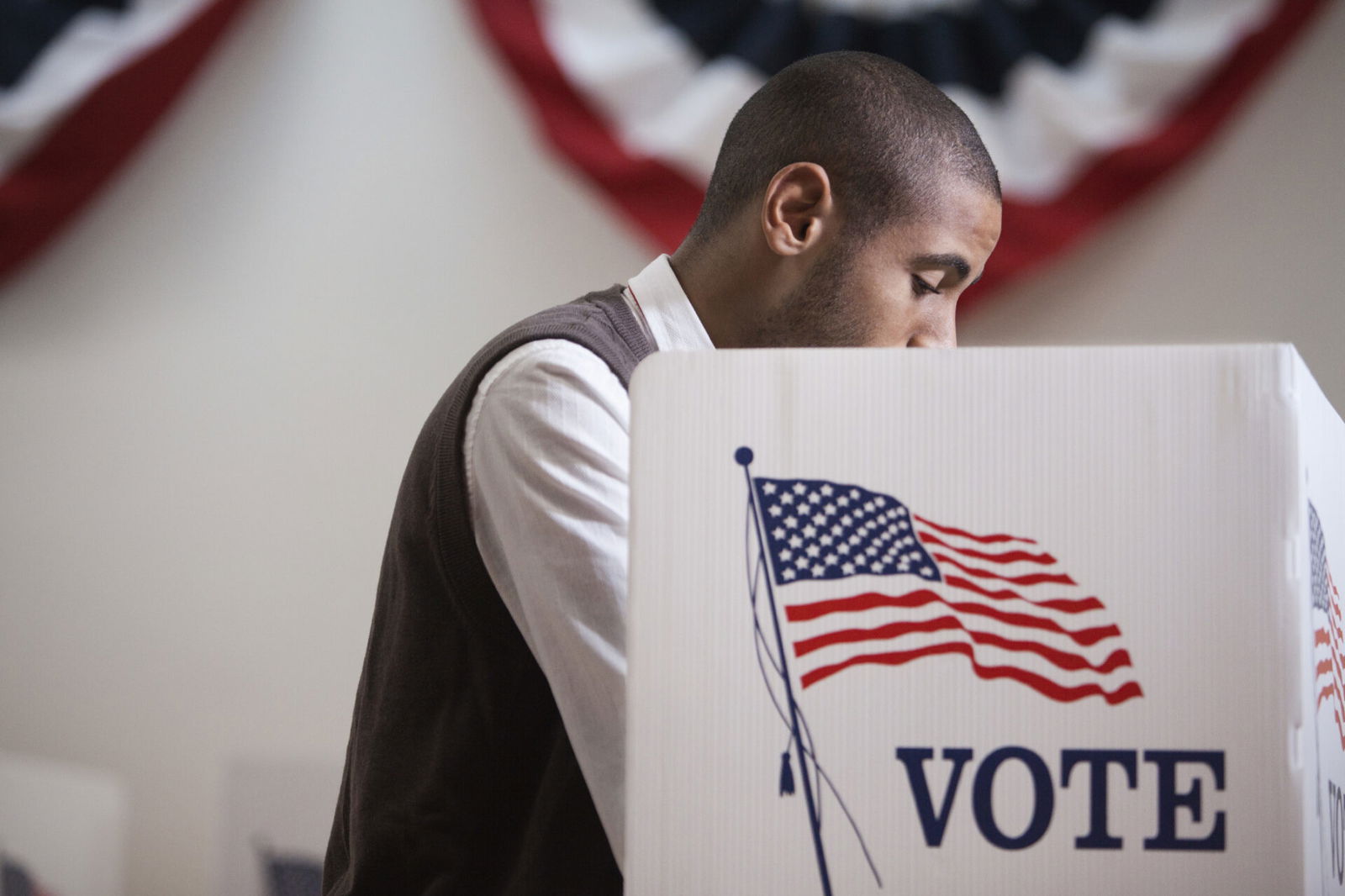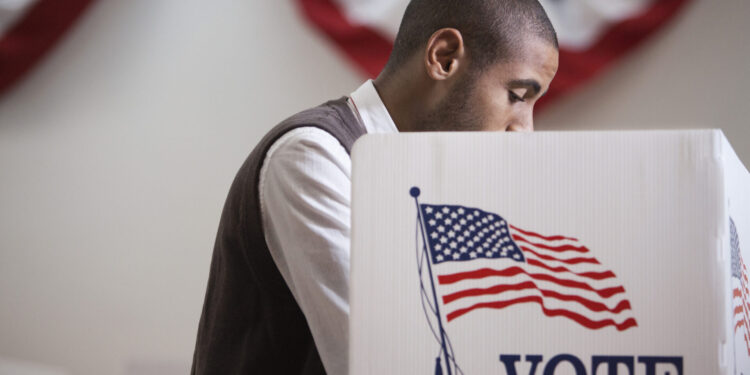
September 8, 2024
Organizers say identifying Black voter groups helps refine engagement strategies.
A new survey sheds light on the diverse perspectives of Black voters and their approaches to various election issues.
The Guardian reports that Sojourn Strategies’ survey identifies Black voters as falling into one or more of five categories: legacy civil rights voters, secular progressives, next-gen traditionalists, rightfully cynical, and race-neutral conservatives.
According to Katrina Gamble, the CEO of Sojourn Strategies, “These clusters indicate that there are incredible differences within the Black community, in terms of how people think about democracy and their role in our democracy.”
The survey asked 2,034 registered voters and 918 unregistered voters, and their responses indicated that 41% were legacy civil rights voters who tended to be over 50 years old and had high rates of voter turnout. They are also the group that tends to believe their vote can drive positive change.
In contrast, a group considered more cynical, making up 22% of respondents, was the youngest and least likely to vote. Shaped by their experiences with racism and encounters with law enforcement, they felt their votes carried less weight compared to what the older generation believed.
The next-gen traditionalists were the most religious and least educated group, mostly composed of millennial and Gen-Z voters. They composed 18% of respondents and were a low-voter turnout group with a moderate belief in the power of voting.
The secular progressives are the most progressive group of Black voters, although it is a relatively small group, coming in at 12%. The group is also the most likely to vote and is a group generally composed of highly-educated women voters who are extremely likely to vote.
The last group, the race-neutral conservatives are generally male voters who are the second oldest and most conservative group. That group represents 7% of the respondents and has a moderate voter turnout rate with the tendency to point to systemic barriers to voting on personal choice.
According to Sojourn Strategies, several groups have engaged voters with campaigns tailored to increasing their participation in the civic process. These groups included the Ohio Organizing Collaborative, New Georgia Project, Black Leaders Organizing Communities in Wisconsin, Michigan’s Detroit Action, Faith In Florida, and POWER Interfaith in Pennsylvania.
According to Gamble’s Op-Ed in The Hill, “When Black people feel powerful, they vote. When they feel powerless, they don’t. Just dumping millions of dollars into advertising, especially at the last minute, won’t empower Black voters to effect change with their votes. Instead, investments should be made in Black-led power-building organizations already deeply engaged with their local communities.”
Gamble continued, “Ultimately, candidates need to treat Black voters like the sophisticated political agents they are. They must understand the nuances and differences in Black political thought and behavior. They will have to court them and persuade them. And they need to start now, not after Labor Day.”
RELATED CONTENT: Battleground State Polls Show VP Kamala Harris Tied With Trump But Outperforming With Black Voters







